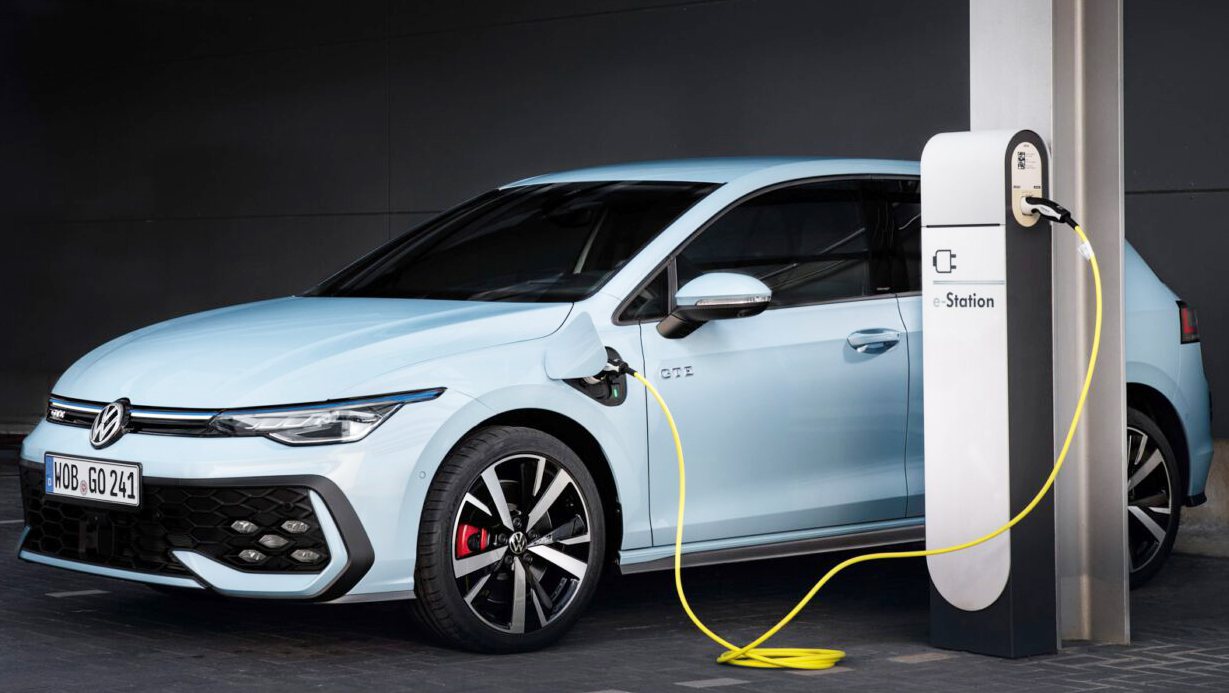The automotive industry is divided, not knowing exactly what to do, or rather, what direction to take in order to maximize profits in the short term and, in the process, satisfy the shareholders who invested in the respective companies. That is why manufacturers appear on the market who only want to maximize immediate profit, building battery-powered models based on combustion model platforms, thus sacrificing efficiency, while others jump in headfirst and embrace the new technology with both hands. , betting on dedicated platforms (which implies completely redesigning production lines) and in the manufacture of batteries and electric motors.
Among all European manufacturers, Volkswagen (as a brand and as an industrial group) was the those who invested first and most decisively in electric vehicles, although with some debatable options. After large investments, the German manufacturer resumes sales of this type of vehicles stop growing at the previous rate (amazing)despite the fact that the country to which it belongs is the main responsible for this reality, since it was the Germans (the largest European market) who decided to withdraw, in December 2023, incentives for electric vehicles, while plug-in hybrids ( PHEV) still enjoy some advantages.
Germany. Without subsidies, sales of electric vehicles fall 54.9% in January
In this scenario, it is not surprising that the CEO of VW, Thomas Schäfer, admitted his surprise at “the stagnation of sales of electric vehicles”, after stating in an interview with the British Autocar that “hybrids were already seen as something from the past, but the reality is that in the last six months everyone seems to want hybrids.” Schäfer also added that “fortunately PHEV exists,” a technology he noted as a “transitional solution” that the industry “needs right now.”
It is true that Germany has limited the PHEVs that can access incentives, forcing them to offer much more than the 50 km required until now, which has led German brands that intend to continue selling in the national market to aim for values between 80 and 100 kilometers. However, few non-German manufacturers returned to PHEVs, increasing the battery capacity to almost double, to cover at least 80 km, so The German Government thus managed to help “its” builders and, at the same time, “get rid” of its European competitors..
Source: Observadora
